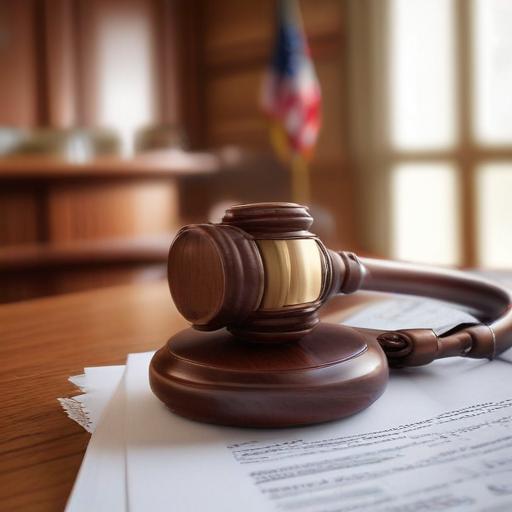A federal judge in Tennessee ruled on Wednesday against overturning a previous decision that allows Kilmar Ábrego García to remain free while awaiting trial on human trafficking charges, although he will remain in custody for at least another month.
District Judge Waverly Crenshaw determined that federal prosecutors did not provide “clear and convincing evidence” that Ábrego García posed a danger to others or the community that would necessitate his continued incarceration. “The government’s general statements about the alleged crimes and the evidence supporting Ábrego do not demonstrate he is dangerous,” Crenshaw noted in a 37-page ruling, denying a request from the Trump administration to reverse a magistrate judge’s decision in Nashville, which similarly concluded that the prosecutors had not established a strong case for keeping Ábrego García behind bars.
However, Magistrate Judge Barbara Holmes issued another ruling, determining that Ábrego García will remain detained for at least 30 more days, granting an unchallenged request from his attorneys to remain in custody to prevent expedited deportation proceedings once he is released.
At the same time, a third judge in Maryland oversees a civil lawsuit filed by Ábrego García and his family concerning his wrongful deportation to El Salvador earlier this year. This judge issued a ruling prohibiting the government from deporting him quickly if released from criminal custody in the coming days. Judge Paula Xinis, also appointed by Obama, aims to restore Ábrego García to his immigration status prior to his deportation in mid-March and ensure his due process rights are not violated if authorities attempt to expel him from the U.S. a second time.
“These decisions are a strong rebuke of the government’s illegal conduct and a critical safeguard for Kilmar’s due process rights,” said Simon Sandoval-Moshenberg, one of Ábrego García’s attorneys. The protections highlight the importance of adhering to legal processes, especially after his prior wrongful deportation without notice.
Judge Xinis has prohibited the Trump administration from taking Ábrego García into custody under Immigration and Customs Enforcement (ICE) once he is released, directing authorities to place him under supervision by ICE in Baltimore—his status before mid-March—which allowed him to live and work in Maryland with regular check-ins with an immigration officer.
The ruling limits the government’s ability to quickly deport Ábrego García to a country other than El Salvador and ensures he is not deprived of his due process rights, including the opportunity to claim fear of torture before being deported to a third country. Officials must now provide his attorneys with at least 72 hours’ notice prior to any deportation attempts to allow for any legal recourse.
Ábrego García, a family man residing in Maryland, was wrongfully deported to El Salvador in March, prompting a protracted legal battle. He was brought back last month to face federal human trafficking charges in Tennessee and is currently in pre-trial detention there, although he could soon be released from that jurisdiction and handed over to the Department of Homeland Security.
Concerns remain that the Trump administration might attempt to swiftly deport Ábrego García once he exits criminal custody and re-enters ICE jurisdiction. “All we are trying to ensure is that there’s no constitutional violation,” emphasized Andrew Rossman, one of his attorneys during a recent court hearing.
The government has already been barred from deporting Ábrego García to El Salvador under a 2019 immigration judge’s order. The legal landscape for Ábrego García continues to evolve, presenting both challenges and opportunities for him to stabilize his status.
In conclusion, while the legal proceedings regarding Ábrego García are complex and fraught with risks, the recent judicial rulings provide a measure of hope for safeguarding his rights and offer a path to potentially restore his previous living situation in the U.S.
